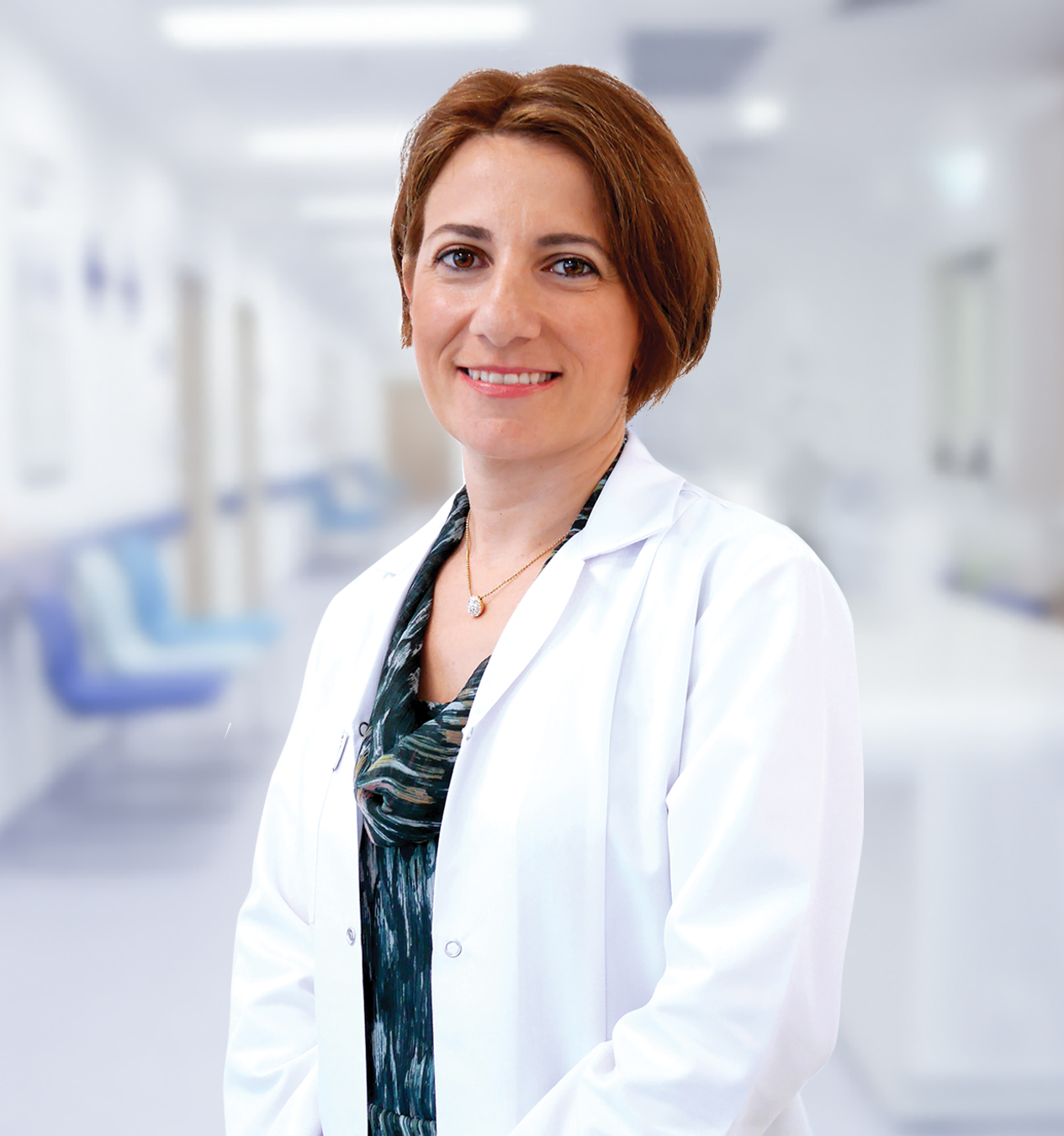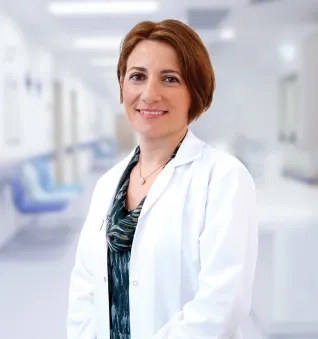Alo Yeditepe
Alo Yeditepe
Obesity Increases Early Puberty
In order for the adolescence period, which is accepted as the transition period from childhood to adulthood, to be healthy, Pediatric Health and Diseases Specialist Dr. Elif Sağsak warned families. Reminding that girls start puberty between the ages of 8 and 13, and boys between the ages of 9 and 14, Dr. Elif Sağsak stated, “The age of puberty has shifted forward, especially in girls with obesity problems. However, in some cases, early puberty may develop due to certain diseases”.
Reminding that there will be some psychological, hormonal and physical changes in the body during adolescence, Yeditepe Kosuyolu Hospital Pediatrics and Pediatric Endocrinology Specialist Dr. Elif Sağsak made some warnings to families about this sensitive period. Providing information about the symptoms of this period, which is very important for both children and parents, Dr. Elif Sağsak said, “The first sign of puberty in girls is the enlargement of the breast, and in boys the enlargement of the testicular volume. Girls and boys enter puberty at different times. Girls can enter puberty between the ages of 8 and 13, and boys between the ages of 9 and 14. It is normal for girls to start puberty at the age of 10 on average, and for boys at an average of 11-11.5 years".
“Apart from Early Adolescence, the Rapid Progress of This Period can also be an Indicator of Disease”
Reminding that climate changes, nutrition, physical and genetic factors will affect the age of onset of puberty, Dr. Elif Sağsak continued her words as follows: “Early puberty can be defined as breast enlargement before the age of 8, especially in girls, and testicular enlargement before the age of 9 in boys. Menstruation in girls before the age of 10 should also be considered as precocious puberty. It is also premature to have genital hair and armpit hair before the age of 8 in girls and before the age of 9 in boys. In order for us to call it early puberty, there must be an increase in hormonal values and advanced bone age together with these findings. We can see that adolescence shifts to the following years in young people and children who do heavy sports. However, the early onset of puberty, as well as its rapid-than-expected progression, may be abnormal. In such cases, physicians should be evaluated.”
Beware of Obesity!
“When we look at the studies, it is not seen that there has been a significant change in the age of puberty in the last 30-40 years. However, in our daily practice, it is seen that the age of puberty shifts slightly forward especially in obese girls. The reason for this is the increase in childhood obesity,” said Dr. Sağsak, drawing attention to the points that families should pay attention to. “The influence of environmental factors and foods on early puberty is controversial. These issues are still being researched. However, our advice to families is to consume seasonal foods, to keep children away from chemicals, plastic and cosmetic products. Also, we recommend our children to be active and have sport as part of their lives. The child who does sports becomes healthier, obesity is prevented, and thus early puberty is prevented.”
"Short Stature is Also Observed”
Stating that early puberty can cause psychological problems in children, Dr. Sağsak said, “In adolescence, there is an increase in appetite and an acceleration in height growth. Before puberty, children grow 5–6 cm per year, and during puberty, they may grow 8–10 cm per year. At the end of puberty, the growth rate decreases and growth stops when the ends of the bones, namely the epiphyses, are closed. The earlier puberty begins, the greater the loss in height. In very early puberty (before 6 years of age for girls and 8 years of age for boys), rapid bone growth occurs, growth plates and epiphyses close prematurely, and growth stops early. Thus, from being the tallest child in the class in elementary school, he may be the shortest in the class by the time he gets to high school. However, in patients whose puberty age is close to normal, the loss in height is very low.”
"Precocious Puberty Can Also be Caused by Some Diseases!”
Reminding that in some cases, precocious puberty may develop due to certain diseases, while there is no serious underlying disease in most of the cases. Dr. Elif Sağsak gave the following information on the subject: “Cysts, tumors, hydrocephalus and neurological diseases originating from the brain also cause precocious puberty. While the risk of any underlying disease is low in girls, the rate of underlying disease in boys is higher than in girls. We see precocious puberty more than other children, especially in babies born under 2.5 kilograms and using assisted reproductive techniques.”
If You Have Any Suspicion, You Must Apply to a Physician
Yeditepe University Hospitals Pediatrics, Pediatric Endocrinology Specialist Dr. Elif Sağsak, who also gave information about early adolescence treatment, gave the following information: “The treatment is in the form of 3-month injections. There is no adverse effect on the patient during this treatment. After the treatment is stopped, the puberty process continues from where it left off. The treatment has no negative effects throughout life. If families have concerns about early puberty, they should consult a doctor without panic. Not every breast enlargement or every puberty sign is true precocious puberty. Therefore, it should be examined in detail by the doctor.”
Press Coverage: milliyet | sabah | cumhuriyet | posta | gunes | gazetevatan | t24 | haberler
About
Faculty and Year of Graduation:
Çukurova University, 2003
”
See Also
- Hormone Disruptors
- Puberty
- Factors Affecting Growth in Children
- Thyroid Gland Diseases in Children
- Diabetes in Children
- Multiple Myeloma
- One-third of Obesity In Adults Begins in Childhood
- Caffeine Consumption in Children
- Diabetes Mellitus and its Treatment
- Childhood Obesity and Nutritional Recommendations
- Causes and Treatment of Obesity in Children
- Thyroid Hormone Deficiency May Cause Short Stature
Alo Yeditepe





